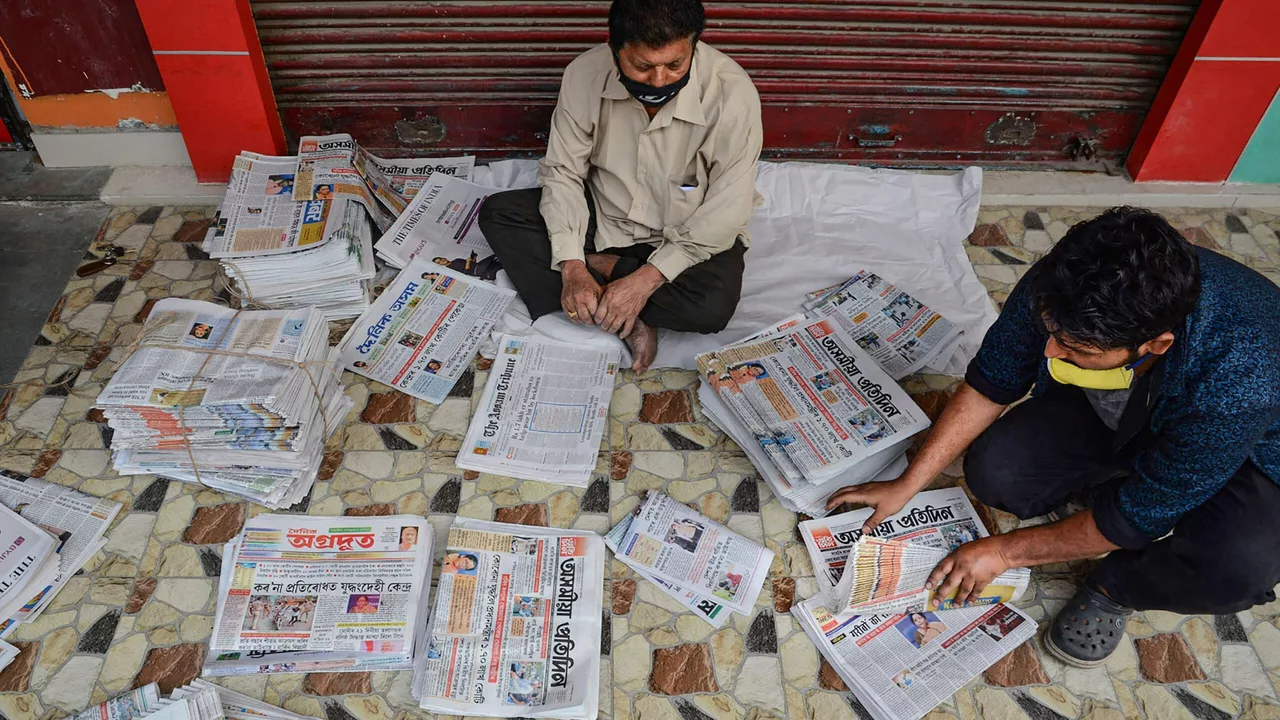Unreliable Newspapers: Spotting Fake News and Staying Informed
Ever read a headline that sounded too wild to be true? Chances are you stumbled on an unreliable newspaper. These outlets mix truth with exaggeration, spin, or outright lies to grab clicks or push an agenda. The problem isn’t just a bad story—it can shape opinions, affect votes, and even cause panic. Knowing the red flags helps you keep your feed clean and your mind clearer.
Common Signs of an Unreliable Source
First, check the URL. Sites that end in .com.co or have weird misspellings are often copycats. Next, look at the author. Real journalists usually have a bio, credentials, and a track record. If you see a name like "John Doe" with no details, be skeptical.
Another clue is the tone. Reliable news sticks to facts and quotes, while unreliable papers love sensational language—words like "shocking," "revealed," or "exposed" in every headline. Also, see if the story cites verifiable sources. If it only references "anonymous sources" or vague "experts," it’s a warning sign.
Lastly, examine the date. Old stories repackaged as breaking news can mislead you about current events. Always match the story’s timeline with other reputable outlets.
Why Unreliable Newspapers Spread Misinformation
Money drives a lot of the nonsense. Click‑bait headlines generate ad revenue, so the louder the claim, the better. Some outlets have political leanings and push stories that fit their narrative, ignoring facts that don’t line up. Others simply lack proper editorial checks, letting rumors slip through unchecked.
Social media amplifies the problem. A single catchy article can be shared thousands of times before anyone spots the errors. That’s why it’s crucial to pause, verify, and then share.
So, what can you do? Start by cross‑checking the story with at least two reputable sources—think national newspapers, established broadcasters, or official statements. If the claim only appears on fringe sites, treat it with caution.
Use fact‑checking tools like Snopes or FactCheck.org. They often have quick verdicts on viral headlines. When you’re unsure, ask yourself: "Does this story line up with what I know?" If the answer is "no," it probably is unreliable.
Building a habit of verification protects you from misinformation and helps the real news survive. Remember, the internet is full of voices—some are trustworthy, many aren’t. By spotting unreliable newspapers early, you keep your news feed honest and your decisions well‑informed.
Which are the most unnreliable and worst newspapers in India?
Determining the most unreliable newspapers in India can be subjective, but some publications often come under scrutiny for their lack of objectivity and sensationalized news. Critics argue that newspapers like Zee News, Aaj Tak, and India TV have a tendency to prioritize sensationalism over factual reporting. Their credibility has periodically been questioned due to instances of misreporting and promoting biased views. However, it's crucial to remember that not every piece they publish is unreliable, and readers should always cross-verify information from multiple sources. Always strive to consume news from a range of outlets to ensure a balanced perspective.
